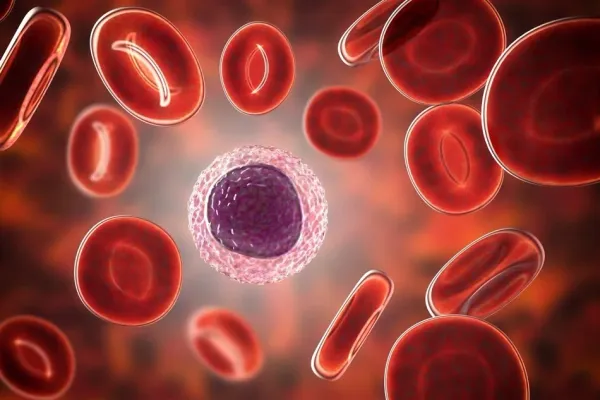PTC Therapeutics' AADC Gene Therapy Receives FDA Approval

Eladocagene exuparvovec-tneq (Kebilidi) is the first FDA-approved gene therapy for AADC deficiency
The FDA has approved eladocagene exuparvovec-tneq (Kebilidi, PTC Therapeutics), a gene therapy using an adeno-associated virus vector, for the treatment of both adult and pediatric patients with aromatic L-amino acid decarboxylase (AADC) deficiency. Kebilidi is the first gene therapy approved by the FDA for this disease, as stated in the agency’s press release.
The gene therapy is given through four infusions in one surgical session into a big part of the brain that helps with movement control. The FDA mentioned in its press release that Kebilidi should be given in a medical center that focuses on pediatric stereotactic neurosurgery. This technique uses imaging and special tools to provide treatments to targeted areas in the brain. After the infusion, the treatment causes AADC to be expressed, resulting in more dopamine being produced. Dopamine is an important neurotransmitter in the brain that plays a role in movement, attention, learning, and memory, as stated in the press release.
“Clinical advancements in gene therapy are helping to uncover new and effective treatment options for rare diseases that are often challenging to treat,” said Peter Marks, MD, PhD, director of FDA’s Center for Biologics Evaluation and Research (CBER), in the release. “Today’s approval highlights our dedication to ensuring that patients in need have access to safe and effective treatments.”
AADC deficiency is a rare genetic condition that impacts how certain neurotransmitters are made, which disrupts the communication between the cells in the nervous system. Signs may involve slow progress in large movements like controlling the head, sitting, standing, and walking, along with weak muscle tone and delays in development and thinking skills.
“AADC deficiency can lead to various serious symptoms, including potentially life-threatening issues,” stated Nicole Verdun, MD, director of the Office of Therapeutic Products in CBER, in the release. “The approval shows significant progress in making safe and effective treatments accessible for challenging genetic disorders.”
The safety and effectiveness of Eladocagene exuparvovec-tneq were shown in a straightforward clinical study involving 13 children with confirmed AADC deficiency. At the beginning of the study, it was observed that all patients had no gross motor function, indicating the most severe form of AADC deficiency, along with reduced AADC activity in their plasma. The patients who received eladocagene exuparvovec-tneq were compared to those who did not receive any treatment (natural history). At week 48 after treatment, motor milestone assessments were done for 12 out of the 13 patients. The effectiveness of the gene therapy was shown by signs of better gross motor function in eight out of 12 treated patients, which was not seen in those who did not receive treatment for the severe form of AADC deficiency.
Eladocagene exuparvovec-tneq went through a fast-track approval process, receiving priority review, orphan drug status, and a special voucher for rare pediatric diseases from the FDA. The ongoing approval for the AADC deficiency indication might depend on the agency getting confirmation and details about the product's clinical benefits, like how long the improved symptoms last, from a follow-up clinical trial. Eladocagene exuparvovec-tneq is currently undergoing a confirmatory trial to confirm its clinical benefit.
In addition to the gene therapy product’s approval, FDA also authorized an infusion tube, the SmartFlow Neuro Cannula (ClearPoint Neuro), which is inserted into a target in the brain (parenchymal tissue), for delivering eladocagene exuparvovec-tneq. The FDA announced that the SmartFlow Neuro Cannula is the only device authorized for administering eladocagene exuparvovec-tneq.
Source: FDA, ClearPoint Neuro





